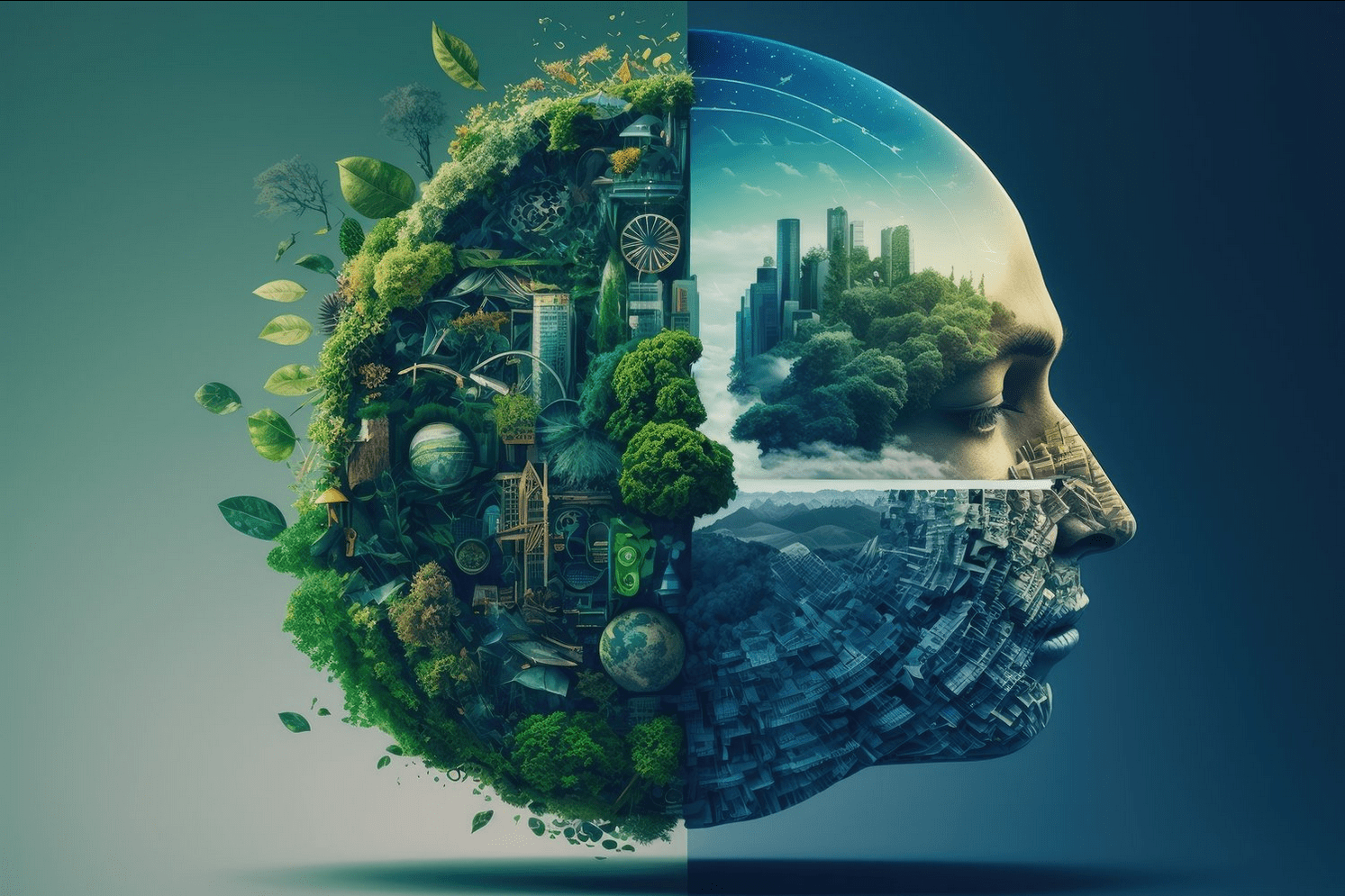by Eric Lee in Medicum.com….So I’m not going to apologize that the following short reflection is is on the dark side. I’m trying to describe what ’24 may look like. And there’s a lot of things that are converging.
The ORA Community is Growing: A Second year of resilience fellowships announced
The Omega Resilience Awards’ global partners have begun their search for applicants for the second year of the ORA Fellowship. ORA anchor parters in India, Africa, and Latin America are currently seeking applications for the 2024 fellowship year.
‘Nanoplastics’ could be worse than ,microplastics and we know almost nothing about them
by Mirjam Guesgen in Vice….”From the public point of view, this could be the next asbestos.”
500+ pages, 200+ researchers: Global Tipping Points Report delivers comprehensive assessment of tipping point risks and societal opportunities
by T.M. Lenton, et al in Potsdam Institute for Climate Impact Research…Tipping points pose some of the biggest risks to our planet’s life-support systems and the stability of our societies. In an unprecedented effort by the scientific community, researchers have now published a comprehensive report on Earth system tipping points and their potential impacts and opportunities for societal change. More than 200 scientists from around the world contributed to the ‘Global Tipping Points Report’. The report with more than 500 pages provides an authoritative guide to the state of knowledge on tipping points, explores opportunities for accelerating much needed transformations, and outlines options for a new governance of tipping point risks and opportunities.
Is it too late to keep global warming below 1.5 °C? The challenge in 7 charts
by Jeff Tollefson in Nature…Chances are rapidly disappearing to limit Earth’s temperature rise to the globally agreed mark, but researchers say there are some positive signs of progress.
As water becomes a weapon of war, we must focus on cooperation and peace
by Peter Gleick in The Guardian…Record increase in water-related violence shows how urgently we need to reduce these tensions between countries
Russia and Israel lead global surge in attacks on civilian water supplies
by Nina Lakhani in The Guardian…Water-related violence surged to an all-time high in 2022 – driven in large part by Russia’s war in Ukraine and Israeli attacks against Palestinian water resources in the West Bank.
Donella Meadows recommendations for how to dance with and intervene in systems
Wahl writes……Donella makes the crucially important point that the most transformative and effective leverage points are addressed by acting at the level of paradigm-change, by addressing the culture change that would shift the dominant believes about the system. Even more effective, according to Meadows, is the ability to transcend paradigms and acknowledge the wisdom that diverse, possibly even conflicting perspectives can bring to a situation in full recognition that each paradigm also brings with it, its own limitations and blind spots.
Multisolving: making systems whole, healthy, and sustainable
by Elizabeth R. Sawin, et al, in Stanford Social Innovation Review…Crossing system boundaries to build partnerships and solve shared problems will strengthen communities and build resilience.
A global resilience index: supporting climate adaptation of global infrastructure systems
by Prof Jim Hall of Oxford University….A new Global Resilience Index, developed by researchers at the Environmental Change Institute, is helping policy makers understand climate risks to global infrastructure systems and plan appropriate investments and interventions.




